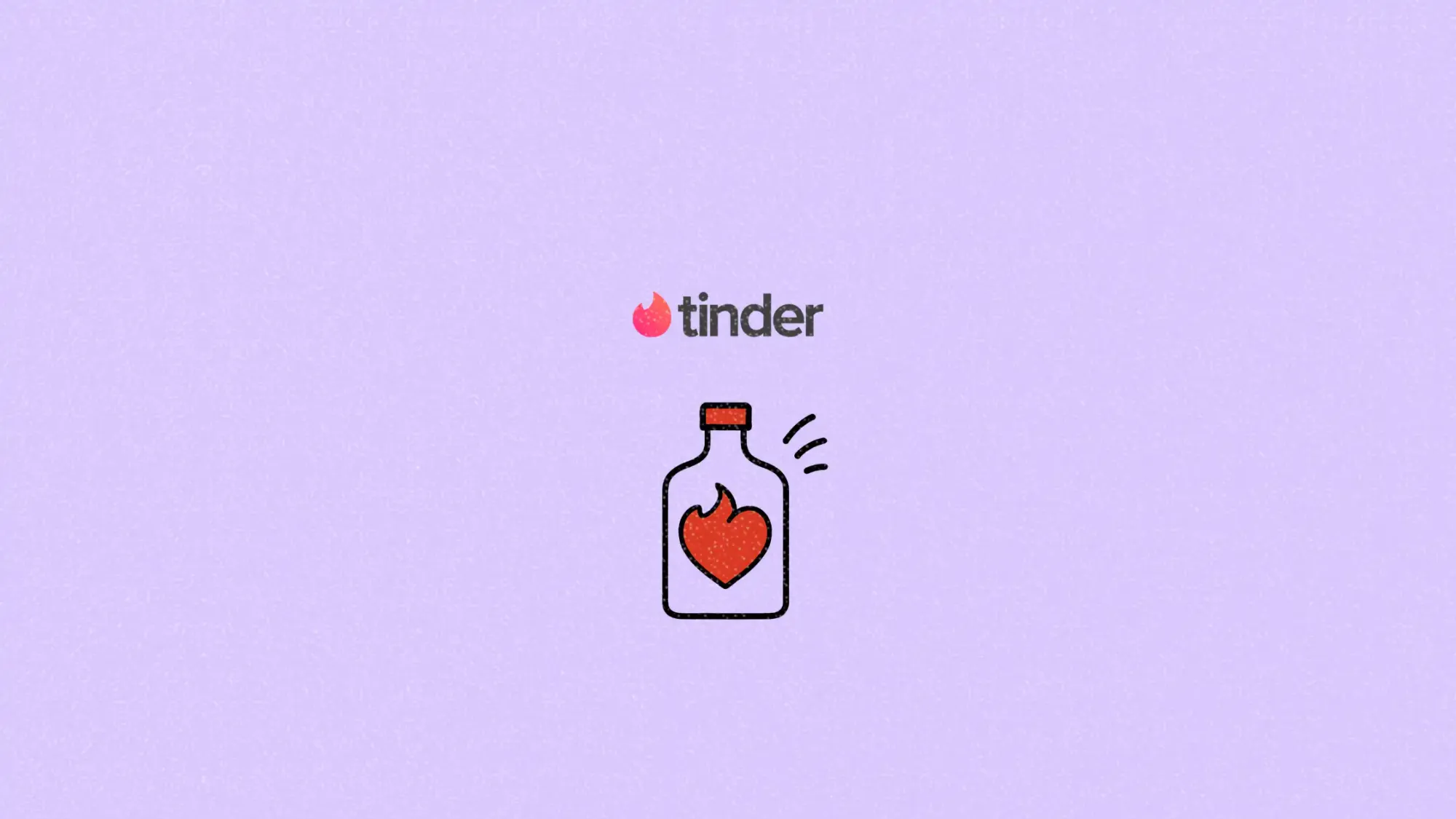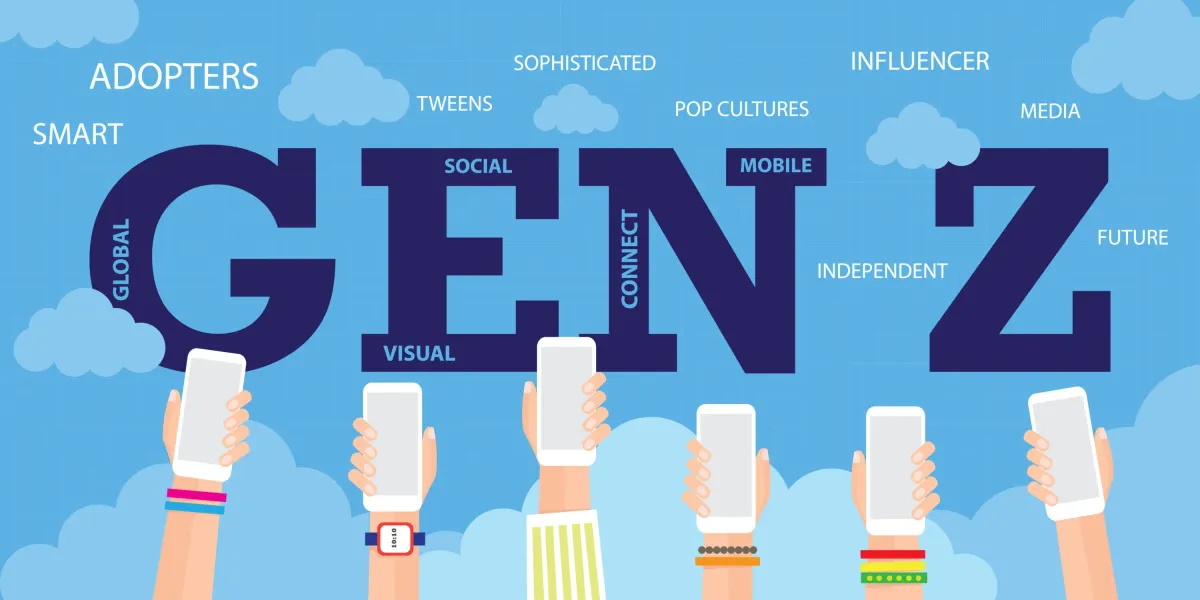
Modern dating isn’t just about swipes anymore. It’s about the emotional spiral that comes with waiting for a reply, misreading emojis, and overthinking every match. Tinder’s latest campaign, “Crush feelings,” leans all the way into that chaos and exaggerates it with purpose.
This article unpacks how the brand has crafted a surreal, five-part campaign that turns early-stage infatuation into absurdist art. It also explores why Gen Z is the perfect audience for this emotional rollercoaster and what marketers should take from it.
Short on time?
Here’s a table of contents for quick access:

What Tinder’s new campaign looks like
“Crush feelings” consists of five short films that take common dating app emotions and crank them to 100. Each spot visualizes what it feels like to fall into a crush:
- “Puddle”: A woman melts into a literal puddle after a Tinder match.
- “Rollercoaster”: A date invitation turns into a stomach-churning ride.
- “Screaming inside”: Inner voices explode after a match confirms a date.
- “Tongue tied”: Two daters are so nervous, their tongues are knotted together.
- “Windswept”: A restaurant date becomes a whirlwind, literally.
The spots are surreal, meme-ready, and oddly relatable. More importantly, they reinforce Tinder’s pitch as a place where emotions are sparked, not just swipes exchanged.
Why it hits home for Gen Z
This isn’t just quirky creative for creative’s sake. The campaign is grounded in Gen Z user data. Tinder says Gen Zers update their bios and photos nearly twice as often as millennials. They are more likely to highlight mental health, values, and personal boundaries on their profiles.
According to Tinder’s SVP of Global Marketing Stephanie Danzi, many Gen Z users are still waiting to feel the full magic of a real crush. This campaign aims to bring that emotion to life and make Tinder feel like the spark that starts it all.
Gen Z isn’t looking for perfection. They want emotional honesty, vulnerability, and experiences that feel real. “Crush feelings” makes the case that Tinder can be the launchpad for those feelings, whether they lead to love or just a good story.
What marketers should know
Tinder’s latest work offers a few solid takeaways for marketers trying to reach Gen Z in a culture dominated by chaos, self-expression, and meme logic.
1. Surrealism can still be real
The campaign doesn’t rely on literal storytelling. Instead, it leans into metaphor and absurdism to convey emotional truth. This resonates with Gen Z, who grew up with TikTok humor and internet irony. If your message is grounded in truth, surreal visuals can make it stick.
2. Emotional honesty outperforms polish
Tinder’s spots dramatize awkwardness and vulnerability, not glossy romance. That’s a shift from traditional dating campaigns. Brands targeting Gen Z should consider spotlighting the messy, human side of their product or experience rather than packaging everything as aspirational.
3. User stories extend campaign life
The “Swipe stories” hub invites users to share real moments from their Tinder journeys. This gives the brand a steady stream of user-generated content while deepening the emotional resonance. If your campaign stirs strong feelings, building in space for community participation is a smart move.
4. Cultural collabs keep it playful
Earlier this year, Tinder teamed up with Knorr on a Valentine’s Day campaign around cooking as a dating “green flag.” It worked because it was grounded in insight and executed with humor. Marketers should look for similar crossover moments that align with both cultural behavior and brand values.
“Crush feelings” is more than a vibe-heavy Gen Z play. It’s a well-researched, emotionally intelligent campaign that shows how humor and surrealism can make your brand feel more human. For marketers, it’s a reminder that even the most chaotic emotions can be strategically crafted into something unforgettable.



Leave a Reply